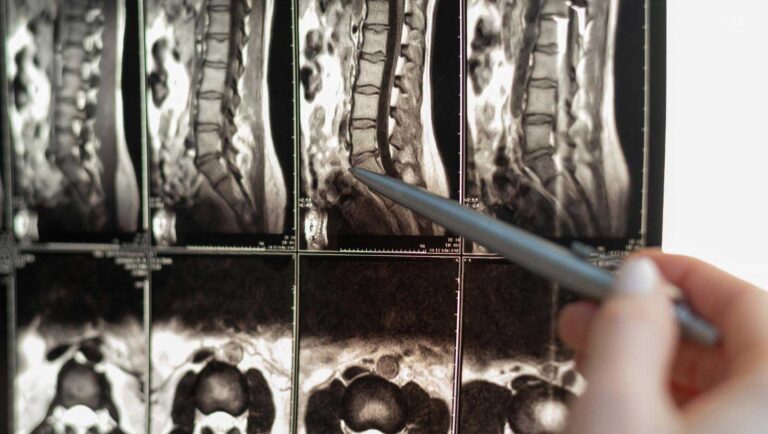Effects of a Traumatic Brain Injury
Understanding the Impact of Traumatic Brain Injuries in Canada
In Canada, traumatic brain injuries (TBIs) are a significant concern, with falls and motor vehicle accidents being the primary causes. According to the Canadian Institute for Health Information, approximately 17,000 Canadians experience a brain injury annually. Understanding the statistics is crucial for recognizing the prevalence of TBIs in the country.
Severity Levels of Traumatic Brain Injuries Traumatic Brain Injury
TBIs can range from mild to severe, with consequences varying accordingly. Even a mild TBI, such as a concussion, can have lasting effects. Severe TBIs may lead to permanent brain damage, emphasizing the critical need for prompt treatment and intervention during the recovery process.
The Cascade Effect: Unraveling the Impact on the Brain
The brain’s fragility becomes apparent when considering the cascade effect – damage to a group of neurons leads to a chain reaction affecting surrounding areas. Recognizing and addressing this cascade effect is vital for successful recovery after a brain injury.
Recognizing Symptoms and Effects
Common Effects of TBI
- Loss of ability in reading, writing, speaking, hearing, or seeing
- Impaired mobility and muscle control
- Sensitivity to noise, touch, or specific lighting
- Memory loss and confusion
- Inappropriate language and sudden emotional outbursts
- Anxiety attacks and personality changes
Physical Effects of TBI
- Paralysis in the arms and/or legs
- Head, neck, or back pain
- Vision and hearing problems
- Speech impairment and loss of sense of smell
- Frequent headaches and seizures
Emotional Impact
Apart from physical challenges, TBI victims may experience emotional effects, affecting their social lives and communication. The invisible nature of many brain injuries often leads to feelings of frustration and misunderstanding.

Identifying Traumatic Brain Injuries
Unlike other injuries visible through scans, TBIs may not be immediately apparent. Symptoms can manifest days, weeks, or months after the incident. Seeking legal consultation promptly is crucial, considering the potential for expensive care and treatment associated with TBI.
Tips for Those Suspecting a TBI
If you suspect a traumatic brain injury after an accident:
- Seek Medical Consultation: Given the serious nature of TBIs, consult with medical professionals promptly.
- Monitor Symptoms: Pay attention to changes in physical and cognitive functions, even if not immediately apparent.
- Document the Incident: Keep detailed records of the accident, as this information may be crucial for legal and medical purposes.
Understanding the effects of traumatic brain injuries, backed by Canadian statistics, is vital for both victims and their legal representation.
Helping Injured Clients
For over 35 years, CLG Injury Lawyers have helped thousands of injured clients. We fight for your rights to receive the maximum compensation you deserve. Providing you the Peace of Mind to focus on your Road to Recovery. Our experienced personal injury lawyers offer a free, no obligation case evaluation.
For more articles and safety tips, go to https://clginjurylaw.ca/blog/ or subscribe to our newsletter.








